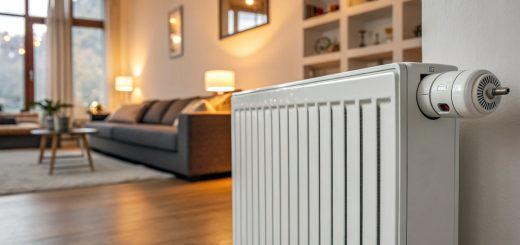Why are fuel prices still rising?
The wholesale cost of diesel and unleaded petrol in Britain is going down as a result of the Omicron variant of the coronavirus; however, many petrol stations are still increasing their prices. The RAC claims this is due to fuel businesses hiking up costs simply to make more cash.
In December, the RAC said that petrol car drivers are losing a massive £5.5m each day due to the prices being demanded by retailers. The automotive services firm has urged retailers to reduce prices at the pump to put an end to the excessive charges for everyone from the elderly woman who fills up her car every couple of months to the business driver who makes use of their BP fuel cards or other Fuel Card Services on a regular basis.
Slow action from supermarkets
Simon Williams, a spokesperson for the RAC, said that supermarkets sell 50 per cent of the fuel in Britain but are being slow in passing any decrease in wholesale prices to their customers. He said that while prices ‘rocket up’, they are more like ‘a feather’ when it comes to the speed at which they fall.
November saw the wholesale price of petrol fall by 10p to the lowest level seen since September, while wholesale diesel costs went down by 7p. The RAC believes this was down to scientists discovering the Omicron variant of the coronavirus and barrels of oil falling in price from $84.74 to $70.90 over the course of November. You can keep track of the Brent Crude futures online.

Image Credit
A different trajectory
These decreases were not reflected in prices at the pump; in fact, the prices swung in the opposite direction, with the average of 3.1p added to a litre of unleaded petrol bringing the price up to 147.28p by the time November drew to an end. Diesel went up by 2.7p to reach a 150.64p average.
The RAC said there was no justification when it came to the high prices being charged at the pumps and called for retailers to cut diesel prices by around 7p and petrol by around 12p unless they could clearly explain why their prices remained so high.
Mr Williams added that car use had now almost reached pre-pandemic levels, so there was no justification for retailers sustaining such high prices and reaping such huge profits.












